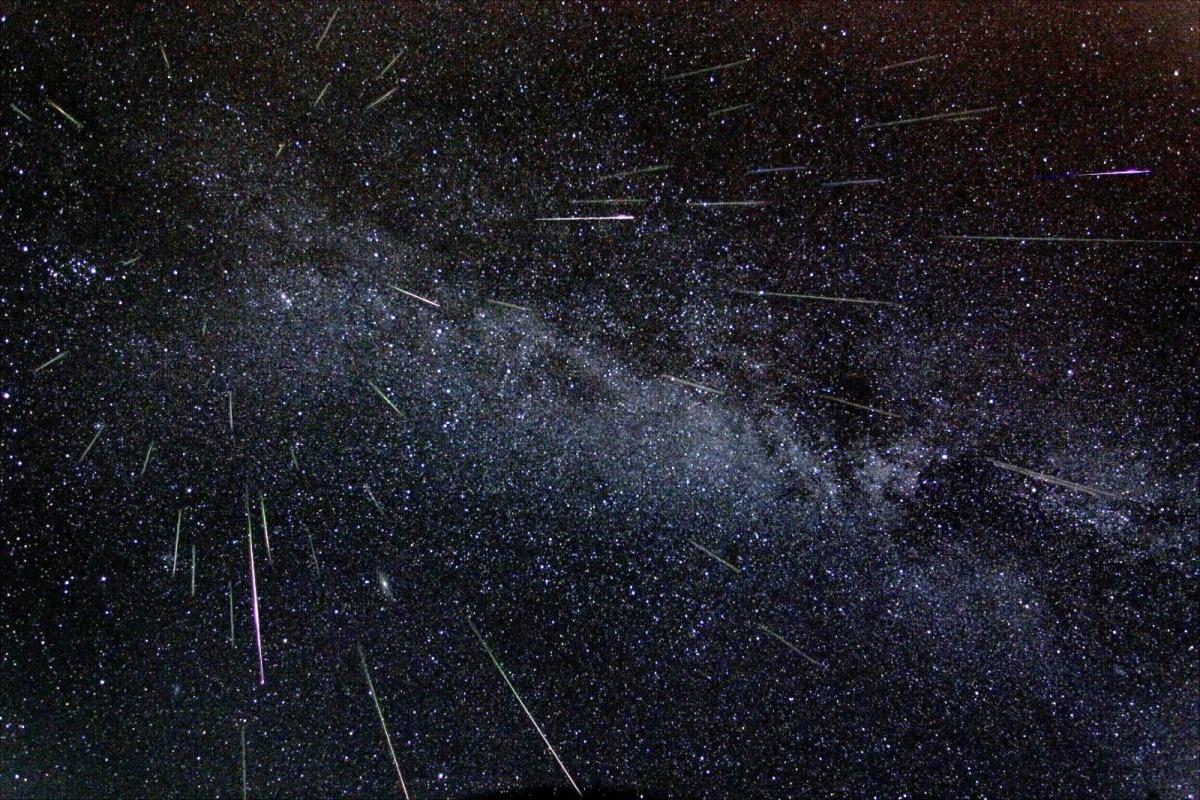
Perseid Meteor Shower Peaks This Week. Will Qatar Get A Good View?
Doha, Qatar: The Perseid meteor shower, peaking in mid-August, is widely regarded as one of the most spectacular meteor displays of the year. In 2024, thousands gathered in Al Kharrara, Al Wakrah to witness more than 100 meteors per hour streaking across the sky during its peak.
Can skywatchers in Qatar expect the same dazzling show this year?
Doha-based astrophotographer Ajith Everester, founder of the Everester Observatory, told The Peninsula that the Perseids will peak between August 12 and 13. However, this year's viewing conditions are far from ideal, mainly due to bright moonlight and potential cloud cover.
“The Perseids typically produce up to 100 meteors per hour,” Everester said.“Unfortunately, this year the full moon coincides with the peak. It will rise shortly after dark on August 12 and stay high in the sky until dawn, washing out much of the meteor activity.”
Read Also-
MoCI closes three commercial establishments for consumer protection violation
Ministry of Endowments provides QR9 million to debtors with criminal charges
Qatar's automotive IoT market set to hit QR1.3bn
InflataCity 2025 offers cool summer escape
He added that with the moon about 92% illuminated, along with expected cloud cover and high humidity during the peak nights, skywatchers in Qatar should expect to see no more than 8–10 meteors per hour.“If we see more than that, we'll consider ourselves lucky,” he said.
Because of these poor viewing conditions, Everester said his observatory decided not to organise a public meteor shower viewing this year, hoping to avoid disappointing attendees who might travel far for the event.
“We've had many inquiries from followers and astronomy enthusiasts. But we've been transparent about the bright waning gibbous moon flooding the skies during the peak. It's going to overshadow much of the meteor shower's brilliance, unlike what we've witnessed in previous years,” he told The Peninsula.
Despite the challenges, Everester said it's still possible to catch a few meteors if you're willing to travel outside city limits and deal with the reduced visibility. Patience will be key, especially this year.
Bonus sky event: Venus and Jupiter conjunction
August 12 also offers another celestial treat. In the early morning, about an hour before sunrise, look toward the eastern horizon. Venus and Jupiter will appear less than a degree apart roughly the width of your pinkie finger held at arm's length, according to Live Science.
This close pairing, known as a conjunction, will continue over several days and should be visible to the naked eye, adding a rare planetary highlight to the night sky this week.

Legal Disclaimer:
MENAFN provides the
information “as is” without warranty of any kind. We do not accept
any responsibility or liability for the accuracy, content, images,
videos, licenses, completeness, legality, or reliability of the information
contained in this article. If you have any complaints or copyright
issues related to this article, kindly contact the provider above.

















Comments
No comment